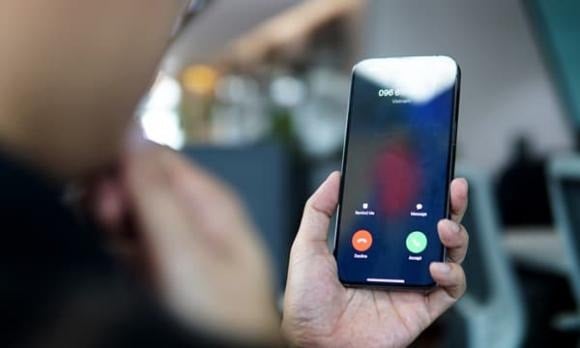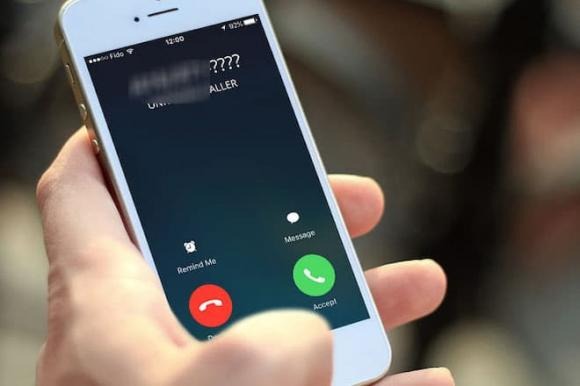Receiving a call from an unknown number without any sound raises questions about whether to call back or not. This has become a common issue in the modern era when many mobile subscribers regularly receive calls without hearing any voice from the other end. This instability raises concerns about the possibility of a scam phone number or simply a device malfunction.
There could be two main reasons for this situation. One is that the microphone of the phone is broken, making both you and the caller unable to hear any sound. The other possibility is that the caller intends to make a call but doesn’t say anything, possibly with the purpose of arousing curiosity or creating an opportunity for you to call back, thereby generating unwanted telecommunications charges.
However, when receiving a call from an unknown number without any voice, it is advisable to limit the call back. In particular, if the phone number consists of 14 digits, it may be a fraudulent call and calling back could incur significant charges. On the other hand, for 10-digit phone numbers, calling back can be considered, but it is still necessary to exercise caution and thoroughly check before deciding to make the call.
There are four scam phone call situations that require the listener to hang up immediately:
Notification of a Family Member’s Accident
Recently, many people have received calls notifying them of a family member’s accident, requiring a large amount of money for emergency or surgery. The panic and anxiety in this situation can make many people lose control and easily fall victim to scams.
In such calls, the most important thing is to remain calm and verify the information before taking any action. The listener can directly contact the family member or call the hotlines of hospitals to verify the situation.

Harassing Telemarketing Calls
Some advertisements for products or services can be annoying and time-consuming. In this case, the listener can decline the call and end the conversation. To avoid further calls, the listener can add that phone number to the blacklist or blocklist to not receive any calls from that number again.
Threatening Phone Calls
Nowadays, in addition to scam calls, there are also people receiving notifications about debts or crimes. In this situation, the caller may threaten if their demands are not met. In this case, the most important thing is to stay calm, not give in, and not believe in those threats. The listener can contact family members, friends, the police, or lawyers for advice and support.
Protect Personal Information: In all of the above situations, the most important thing is for the listener to remain calm and avoid providing personal information via phone. In addition, they should share this information and warnings with family members, especially the elderly, to enhance vigilance and preparedness.

Impersonating Organization Employees
Impersonating employees of organizations or groups is a common tactic used by scammers to deceive and obtain personal information from others. They may pretend to be bank employees, tax collectors, post offices, or even impersonate the police to contact their “victims.” Through these calls, they will ask questions related to personal information for various reasons, request victims to provide data such as passwords, bank account numbers, OTP codes, or even request money transfers.
Although many scam cases have been reported through the media, there are still mistakes that have occurred. People should not share any personal information over the phone. Therefore, when receiving such requests or having doubts about the signs of a scam, immediately hanging up is the right choice.
In case of becoming a victim of financial or personal information scams, promptly report to the police or relevant agencies to receive guidance on how to handle the situation.
Alert Issued for Phone Scams Involving Promotional Offers and Warranties
As the prevalence of phone scams increases, users must be aware of the tactics employed by criminals to defraud them of their money. In this article, we explore the characteristics of these schemes and provide tips on how to protect yourself from future losses.


































